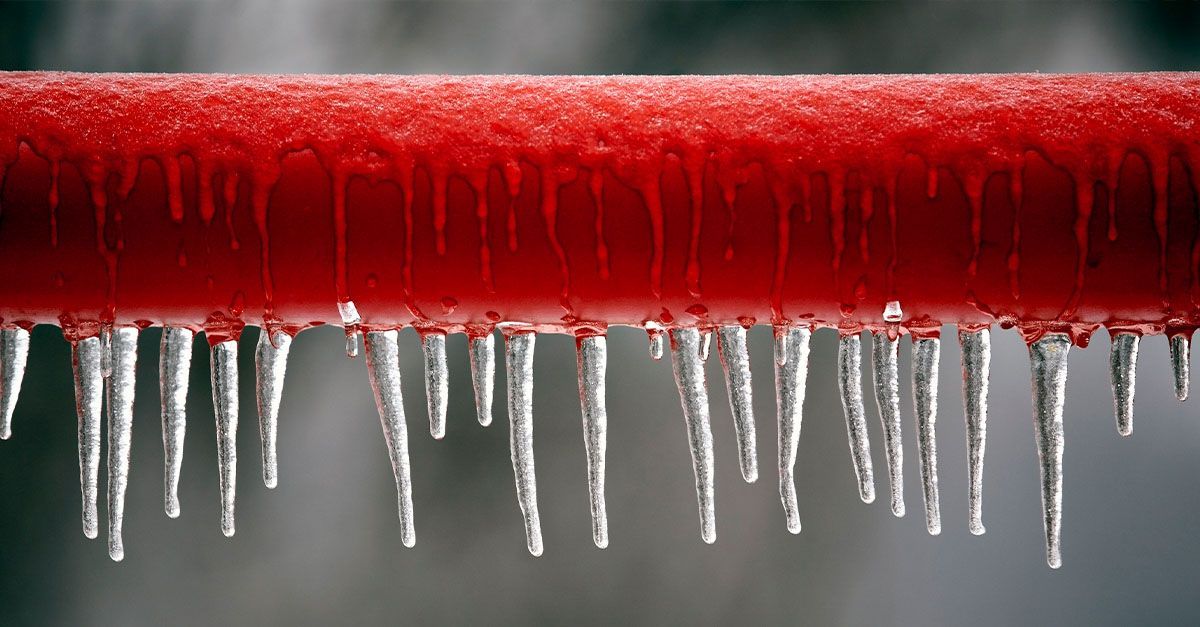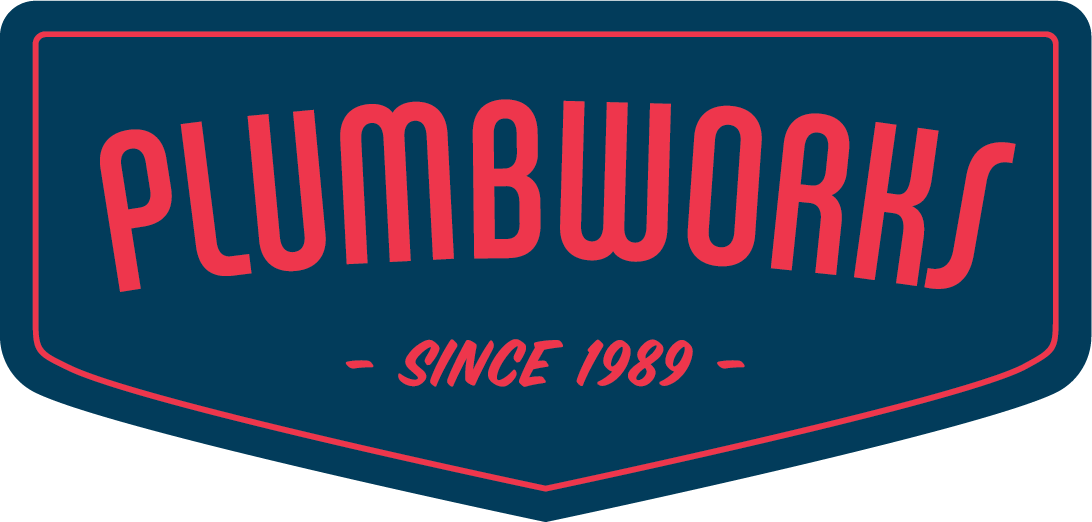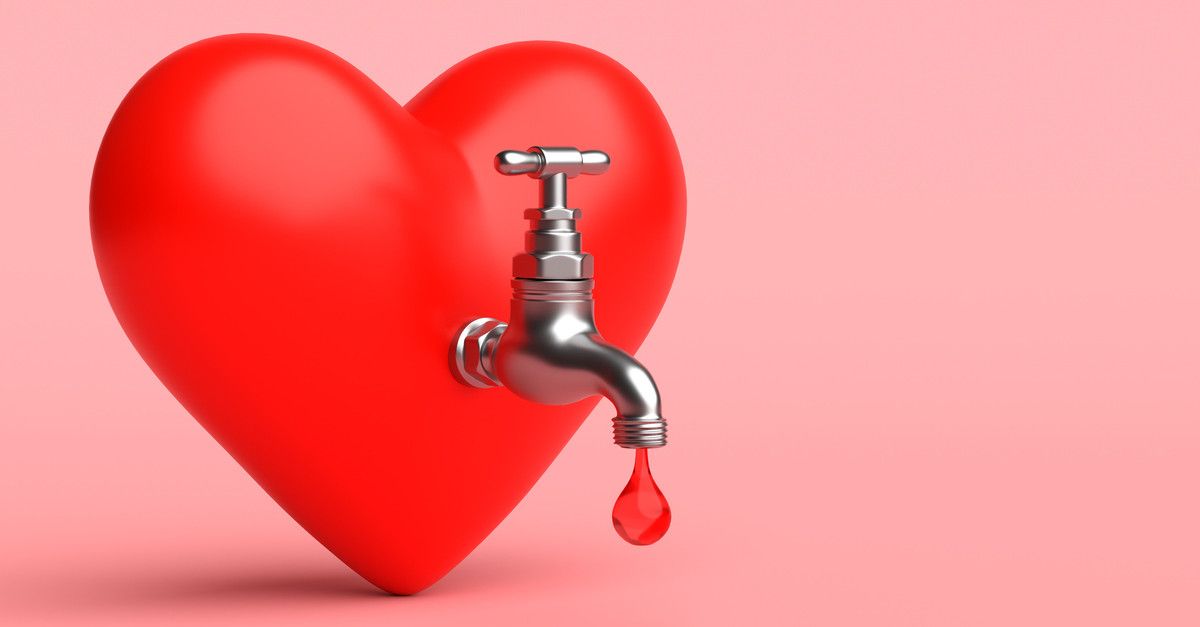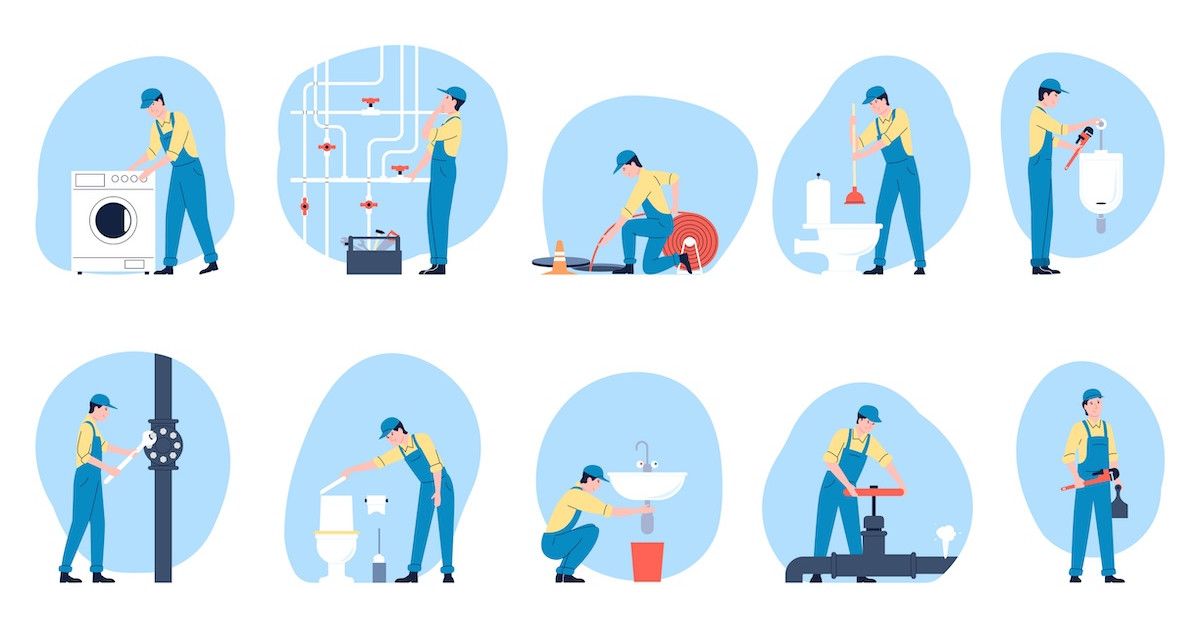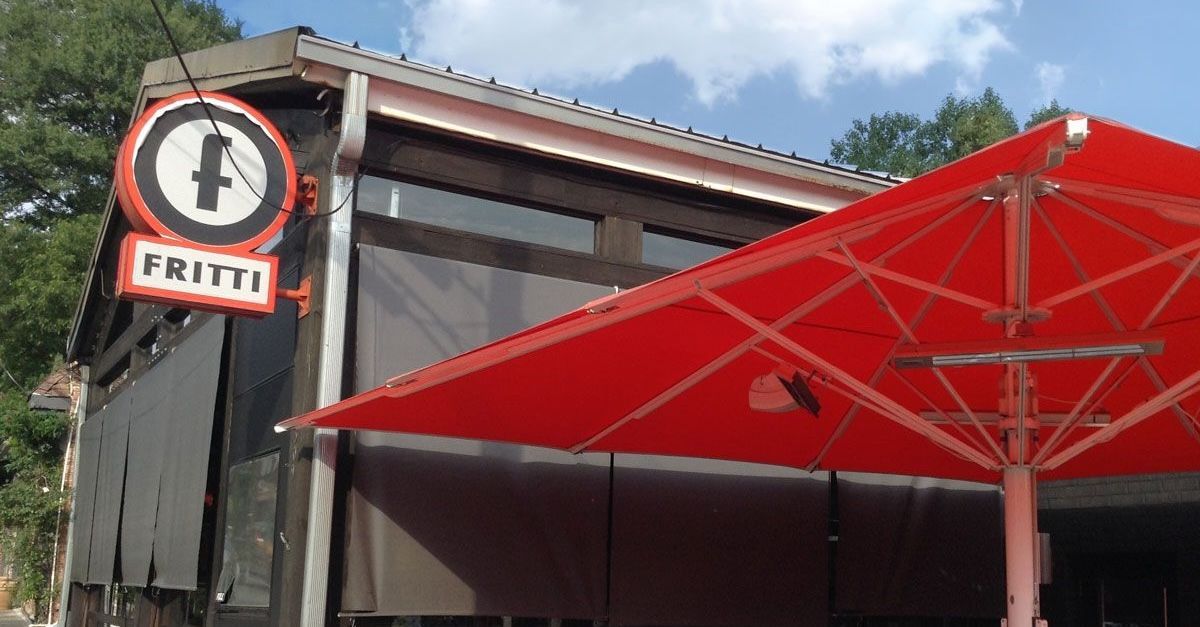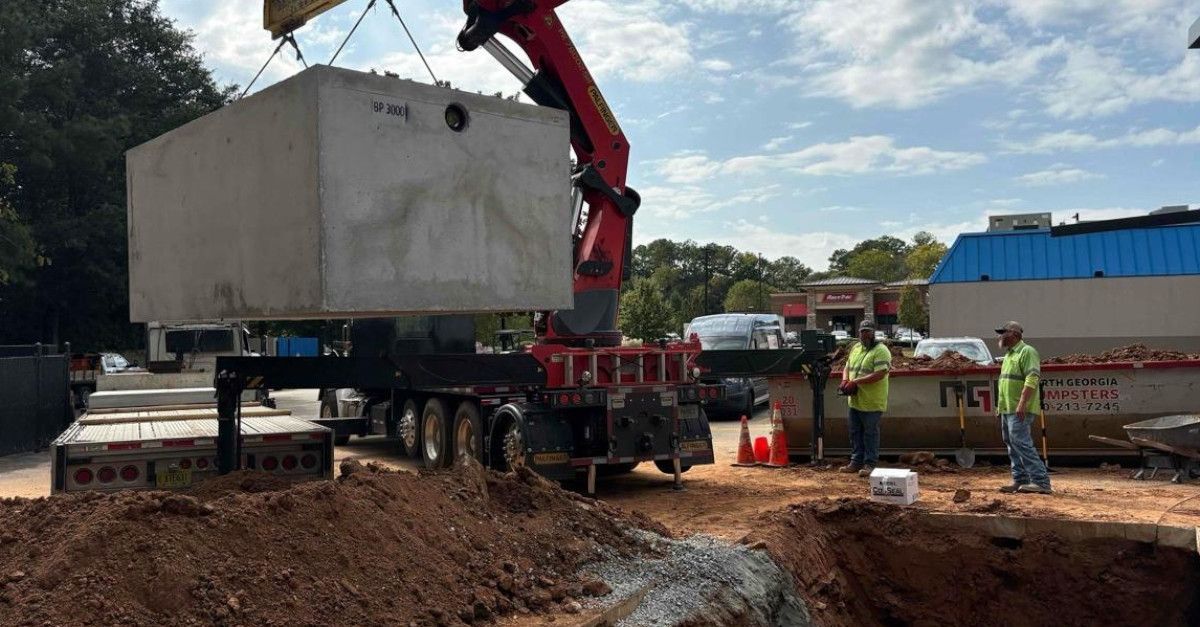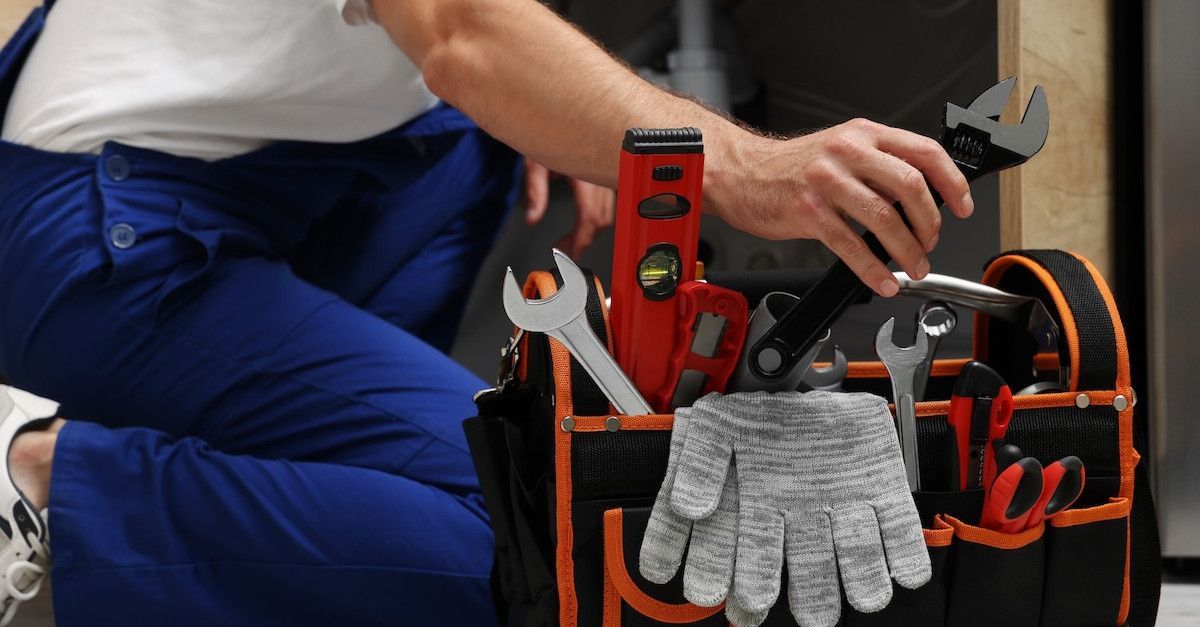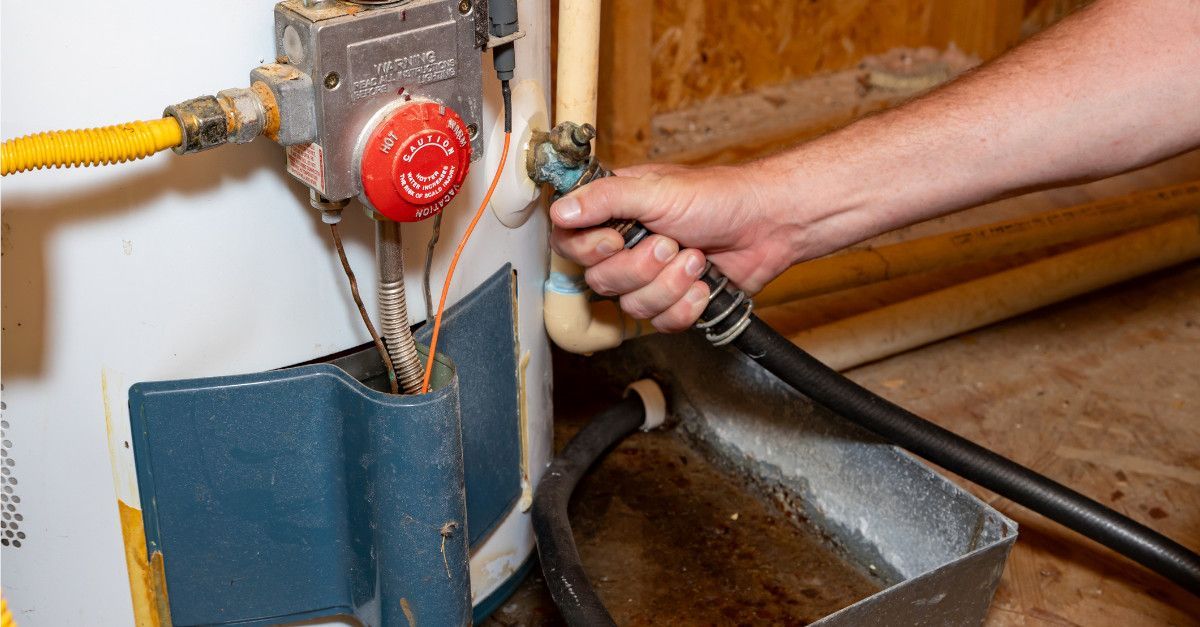What Is Backflow Testing and Why Is It Important?

Water is a precious resource, and it's important to make sure that the water going into our homes and businesses stays clean and safe. That's why backflow testing is so important. Backflow occurs when dirty or polluted water enters the public water supply, and it can be dangerous for both humans and animals.
By regularly having your backflow device checked, you can help protect yourself, your loved ones, and your community from the dangers of contaminated water. So what is
backflow testing, and why should you have it done? Luckily, Plumbworks is here to answer these important questions.
What is backflow and what causes it?
Backflow is the abnormal flow of water or other liquids through a system or container. It can occur when there is a change in pressure in the system, causing the liquid to flow backward. Backflow can be a serious problem, as it can contaminate water supplies and cause health hazards. Several factors can cause backflow, including:
• Improper installation or maintenance of piping and other components.
• A sudden change in pressure in the system, such as a power outage or water main break.
• A blockage in the piping that prevents water from flowing properly.
• Damaged or defective components.
If backflow occurs, it is important to take immediate action to correct the problem and prevent contamination. Backflow prevention devices should be installed on all systems to help prevent backflow from occurring. These devices allow water to flow in one direction only, preventing it from flowing backward and contaminating the system.
What are the dangers of backflow?
While backflow may seem like a minor issue, it can pose a serious health hazard. When water flows backward through pipes, it can pick up harmful contaminants from the sewers and contaminate the freshwater supply. This can lead to serious illness, and in some cases, death. In addition, backflow can damage irrigation systems and other equipment. Backflow can also cause financial losses for businesses if it results in product contamination. To prevent backflow, it is important to have your plumbing system regularly inspected by a licensed professional. By taking this simple step, you can help protect yourself and your family from the dangers of contaminated water.

What To Do During a Backflow Incident
A backflow incident occurs when water in the pipes flows backward into your home or business due to a change in the water pressure. This can happen for a variety of reasons including sudden power outages or using nearby fire hydrants. Backflow can introduce contaminants into your water supply, so it is important to take immediate action if you suspect that a backflow incident has occurred.
The first step is to stop using any water from your tap until the backflow incident has been resolved. Next, contact your local water utility company and let them know about the incident. Finally, you should contact a local plumbing company to help you fix the problem. By taking quick and decisive action, you can help to prevent serious health risks posed by backflow contamination.
What is backflow testing?
Backflow testing is a process that is used to ensure that water is flowing in the correct direction. It is typically performed on systems that are connected to a public water supply, as well as on systems that use water for irrigation. Backflow testing involves attaching a device called a backflow preventer to the system. This device allows water to flow in one direction only, and it prevents contaminated water from flowing back into the system. Backflow preventers must be tested regularly to ensure that they are functioning properly. The backflow test itself is relatively simple; it involves measuring the pressure in the system and checking for leaks. If a leak is found, or if the pressure in the system is too low, the backflow preventer will need to be repaired or replaced.
Types of Backflow Prevention Devices
Backflow prevention devices are an important part of any plumbing system. They are used to prevent dirty water from flowing back into the clean water supply, and they come in a variety of different types. The most common type of backflow prevention device is a check valve. Check valves allow water to flow in only one direction, and they are often used in sewage systems.
Another type of backflow prevention device is a double-check valve. Double-check valves have two check valves that work together to prevent backflow, and they're often used with systems that may deal with substances that have low toxicity. Lastly, there are air gap devices. Air gap devices create a physical barrier between the clean water supply and the dirty water, and they're effective against backpressure and back-siphonage issues. Backflow prevention devices are an important part of any plumbing system, and they come in a variety of different types. Choose the right device for your needs to ensure that your water supply stays clean and safe.

How often should you perform backflow testing?
Backflow testing is an important part of maintaining a safe and healthy water supply. Backflow preventers are installed in plumbing systems to keep contaminated water from flowing back into the clean water supply. However, backflow preventers can become damaged or worn over time, allowing contaminated water to flow back into the system. That's why it's important to have your backflow preventer tested on a regular basis. The frequency of testing will depend on the type of backflow preventer you have, as well as the risk of contamination in your area. However, most experts recommend having your backflow preventer tested at least once a year. By having your backflow preventer regularly tested, you can help to ensure that your water supply remains safe and clean.
Who should perform backflow testing?
Although backflow testing is not required by law in all states, it is always recommended to have your backflow devices tested annually by a certified professional. This is especially important for businesses that are required by law to have their backflow devices tested, such as restaurants and other food service establishments.
A certified professional will have the knowledge and experience necessary to properly test your backflow devices and ensure that they are functioning properly. In addition, a certified professional will be able to identify any potential problems with your backflow devices and make recommendations for repairs or replacements as needed. Ultimately, having your backflow devices tested by a certified professional is the best way to ensure that they are functioning properly and protecting your business from harmful contaminants.

Choose Plumbworks for Your Backflow Testing Needs
When it comes to backflow testing, Plumb Works is the name you can trust. We have the knowledge and experience to properly test your system and ensure that it is up to code. At Plumb Works, we are dedicated to providing our customers with the highest quality plumbing services. We offer a full range of services, from repairs and installations to backflow testing and preventive maintenance. Our team of experienced plumbers is committed to providing every customer with outstanding service. We also understand the importance of your plumbing system and will work quickly and efficiently to get the job done right. For more information on our services or to schedule a consultation with our certified Atlanta plumbers, contact us today.
Looking for more tips for preventing water contamination? Check out these blogs:
The Proper Way to Dispose of Medication
How to Handle the Negative Effects of Putting Metamucil Down Your Drain
Frequently Asked Questions (FAQs)
